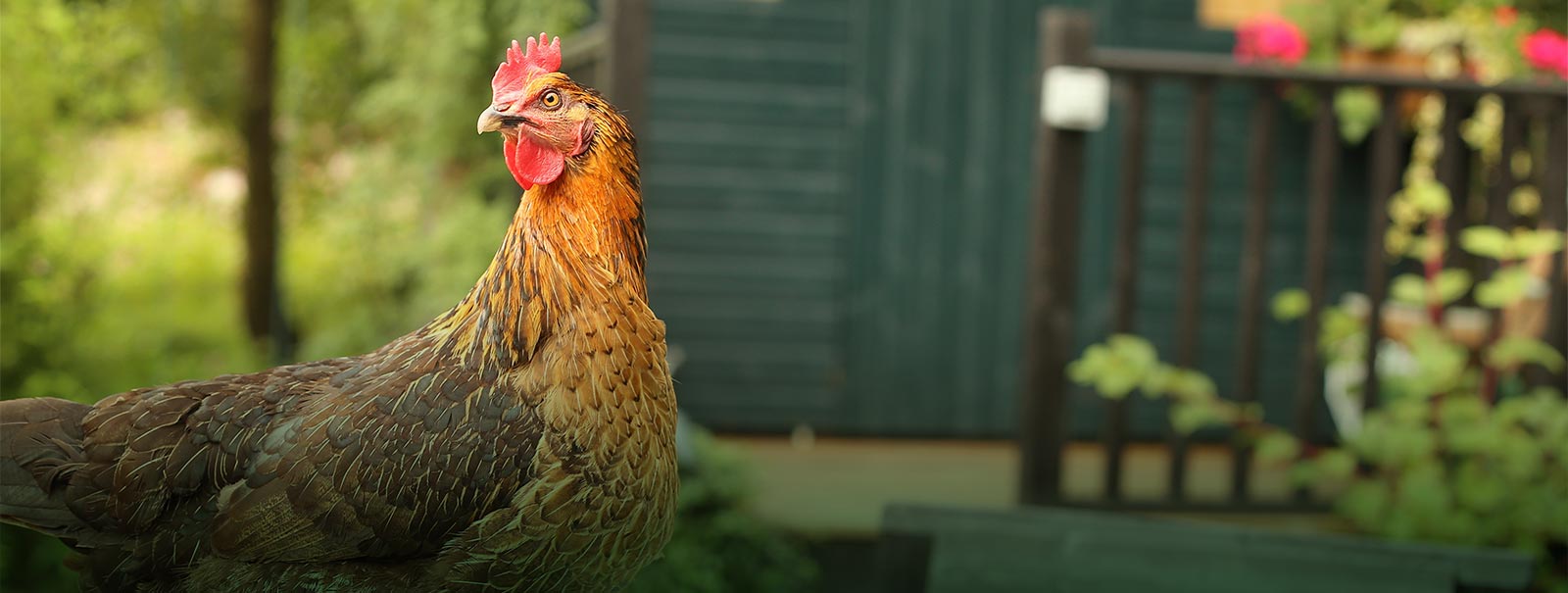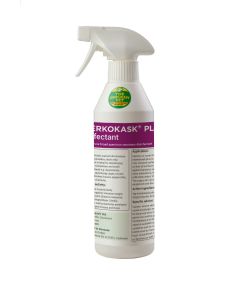
The advice hub Coccidiosis in Ducks and Geese
Coccidiosis is caused by a single celled parasite which enters the cells of the bird’s gut to reproduce. In doing this the parasite destroys the cells lining the gut wall leading to intestinal damage. The degree of damage will depend on how many coccidial eggs (oocysts) are eaten which in turn will depend upon how contaminated the environment is with oocysts.
This damage reduces the gut's ability to absorb nutrients leading to weight loss and diarrhoea.
The damaged gut allows harmful bacteria to reproduce causing a secondary bacterial diarrhoea, and in severe cases cross into the blood, causing blood poisoning.
Coccidiosis eggs (oocysts) have a very thick wall and as such can survive years in the environment and can be resistant to many disinfectants so ensure that your disinfectant is licensed against coccidiosis.
Wild water fowl are often a source of infection for domestic birds so it is important not to encourage them if possible.
Note: The coccidial species that infects chickens, ducks geese and turkeys are different and they cannot infect each other.
Which birds are at risk?
Young ducklings and goslings up to two months of age.
What to look out for:
- Birds that are dull and hunched up with ruffled feathers
- Sudden death
- Weight loss
- Diarrhoea +/- mucus and blood
- Many birds are often affected in varying degrees
Diagnosis
You should consult your vet if you suspect coccidiosis or you can use a Chicken Vet Faeces Sample Kit. Simply collect fresh droppings, place into the pot provided, complete the submission form and post to Chicken Vet. We will count the number of coccidial oocysts in the droppings to determine if your bird has coccidiosis.
Treatment
This condition needs veterinary intervention as an anticoccidial agent will be needed possibly along with antibiotics to control secondary bacterial infections.
Prevention
Try to keep wild ducks and geese away if possible.
Keep accommodation as clean as possible and use a disinfectant licensed to kill coccidiosis such as Interkokask.


